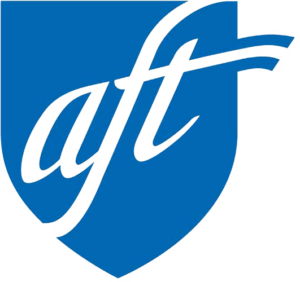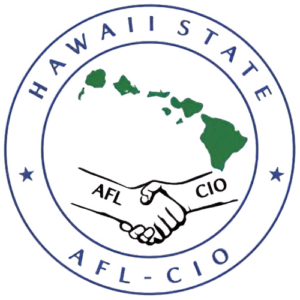It goes without saying that starting your workweek with the news headline that State Senator Donovan Dela Cruz, Chair of the powerful Senate Committee on Ways and Means, had issued a directive to all State departments to reduce their budgets by 10% and 15% to cover the costs incurred for the extensive Maui wildfire response efforts was very troubling and distressing. While we recognize and sympathize with those negatively impacted by last year’s devastating Maui wildfires, these checkerboard solutions must be replaced by a more strategic chess-like approach.
While we cannot speak on the impact towards the other State departments, what we know is that according to UH’s Vice President of Budget and Finance Kalbert Young, “The reductions to existing base funding inquired by the Senate Ways and Means Committee would be significant, and would have to affect existing personnel, services and programs. The university can not specify or identify where such effects would occur at this time.” We can only hope that this directive for budgetary cuts would be the worst case scenario.
For too long, Hawaiʻi has bankrolled its future and economic hopes on tourism while our policy makers continue to debate year after year, decade after decade, the topic of diversifying our economy. Which brings us to a recent report Hawaii – Losing the Future? authored by Patrick Sullivan, Ph.D., P.E. Founder and CEO of Oceanit and Paul Brewbaker, Ph.D., CBE, former Bank of Hawaii Chief Economist and Principal of TZ Economics. In summary, the report outlines what they believe are the financial troubles the State will be dealing with in the years to come by investing and reinvesting in tourism which may not be sustainable in the years to come without proper stewardship.
The solution? Do a “180-degree shift -exporting expertise, knowledge, and innovation, investing in human capital formation and knowledge creation, while tapping global financial resources.”
The key driver – “the University of Hawaii, which should be a haven for big aspirational ideas, aggressive STEM recruitment and investment. Preparing kids to be part of the future requires that local k-12 schools share a version of the future that includes them – the kids. Legislative policies need to then support these ideas. Getting local kids into university-level education, from colleges to graduate schools, is the path toward human capital formation.”
The report along with UHEROʻs recent report Estimating the Returns to Higher Education Using Administrative Data: A Case Study of the University of Hawaiʻi System, dated January 16, 2024, all support that the way to address economic inequality, under-employment, homeless citizens, etc. is to invest and reinvest in our educational system. Data reflects that Hawaiʻi spends 2.66% of its economic capacity (gross state production) on public education which equals to 0.88 percentage points lower than the unweighted U.S. average of 3.53 percent or a ranking of #48 out of 50 States.
The UH budget had already been underfunded from previous fiscal years, and imposing more reductions will hamper the educational and research mission of the UH. It has taken the past few years to restore the budget following the severe cuts resulting from the pandemic. As a result of COVID, the Legislature reduced the UH budget in its 2021 Session for FY22 and FY23 by $60.1 million. The Legislature added back $17.5 million but designated that amount as a “non-recurring” expense. This resulted in a net reduction of $42.5 million.
In the 2022 Legislative Session, the Legislature restored that $42.5 million for FY23 to return UH’s general fund appropriation back to pre-pandemic levels. However, because the Legislature did not change the “non-recurring” designation, the “non-recurring” $17.5 million was reduced from UH’s base budget going into the new biennium.
In the last Legislative Session, UH requested restoration of this $17.5 million for FY24 and FY25. However, the Legislature only restored these funds for FY24. The UH requested these funds to be restored for FY25 and beyond.
We can only hope that this recent directive will not come to fruition as across the board budget cuts, especially on education, will not help to address the real work and problems our State is facing today and in the future. This type of piece meal, small policy non-decisions, and poor policy governance will only continue the downward economic trajectory of our State.
Our final thought is that the state must take a long term view of our budget and take a more strategic approach to managing costs.



